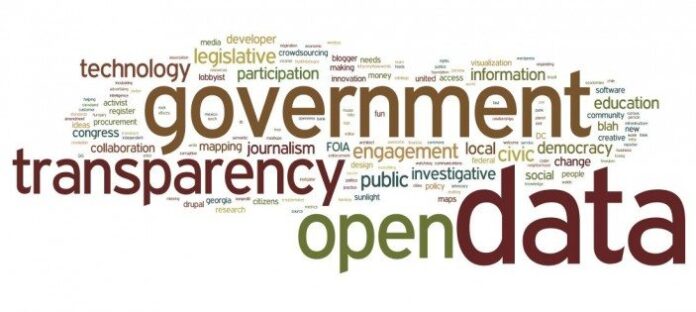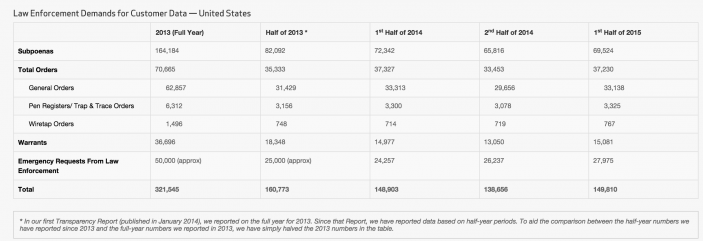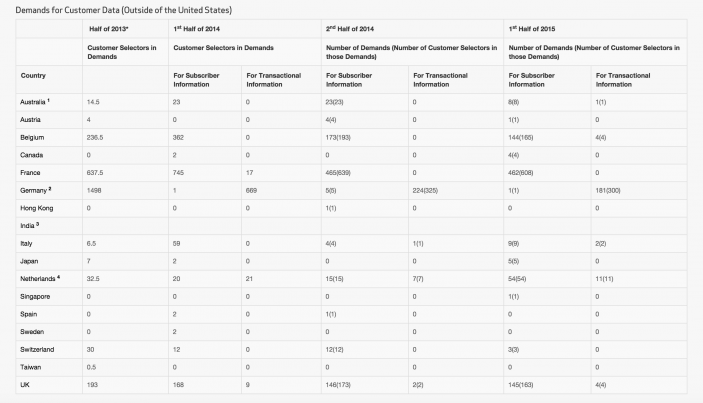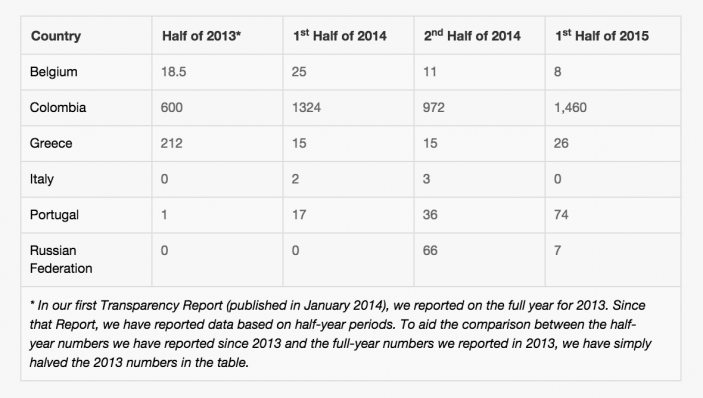Verizon Communications released its transparency report for the first half of 2015 in which it details the demands for customer information from the U.S. and international governments.
The carrier said it received 150,000 information requests from U.S. law enforcement, up about 10,000 from the last half of 2014.
Subpoenas accounted for 69,524 of those demands, which the company said are “generally used by law enforcement to obtain subscriber information or the type of information that appears on a customer’s phone bill.”
The company also received 37,230 total court orders, which included requests for wiretaps, pen register or trap and trace orders, as well as other general orders. Wiretaps only accounted for 767 of that total.
The rest of the total came from warrants (15,081) and emergency requests (27,975). The latter is used in response to active violent crimes, bomb threats, hostage situations, kidnappings and fugitive scenarios, often presenting life-threatening situations, according to Verizon.
The report also details some information about national security demands, but this information is much more vague due to the sensitive nature of the information. “In the first half of 2015, we received between 0 and 999 (national security letters) from the FBI,” the report said. “Those NSLs sought information regarding between 2000 and 2999 “selectors” used to identify a Verizon customer.”
The term “customer selector” is used to refer to an identifier such as a phone number to identify a given customer, according to the report.
In the international report, Verizon breaks down request for information by country. France made the most demands for subscriber information with 462. There were 608 customer selectors that came out of those demands. The U.K. came in second with a total of 145 demands.
The report also details “blocking demands,” which are requests to block access to certain websites. Verizon did not receive any such requests within the U.S., but did receive 1,460 requests to block websites in Colombia, by far the highest total, with the next greatest number in Portugal (74).
Verizon said the demands are generally in regard to websites that are “contrary to laws in those countries relating to child pornography, online gambling or copyright.”
Verizon made sure to say that these are not requests to remove user content from any websites, only requests to block access to them.
In a similar report released earlier this month, T-Mobile US saw information demands surge.





